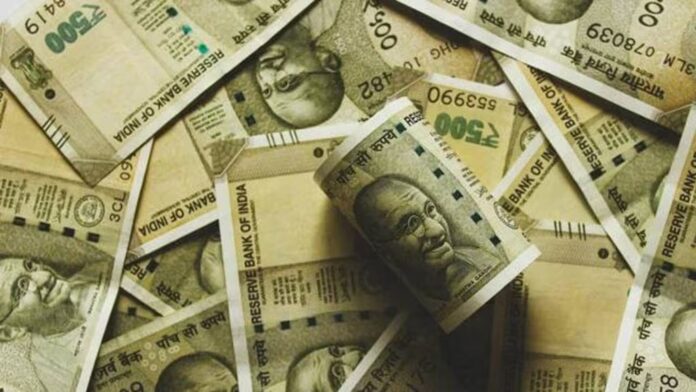Today, Rs 1 lakh monthly salary is considered a good income in a country like India. It’s enough for a middle-class family to live a respectable life, covering expenses such as housing, child education and other basic requirements. But imagine earning the same amount 10, 20, or 30 years down the line. Will it still hold the same value? Certainly not. Inflation will erode the purchasing power of the rupee over time, reducing the real value of your money.
Shrinking power of rupee
To understand the effect of inflation, let’s analyse the value of Rs 1 lakh in the future:
After 10 years (at 6% inflation): The value of Rs 1 lakh will reduce to approximately Rs 55,840.
After 20 years: It will shrink further to Rs 31,180, less than one-third of its original worth.
After 30 years: It will be worth just Rs 17,410, a fraction of its current value.
These numbers highlight a harsh reality: while Rs 1 lakh today might be enough to sustain a comfortable lifestyle, it will lose its utility in the face of rising costs unless you plan for inflation.
Also Read Rupee weakness good news for IT firms but uncertainty on long-term impact NPS Calculator: At 30, how much do you need to invest per month to retire with Rs 1 lakh pension? Das pitched for inflation-growth balance at his last MPC meet CareEdge Ratings projects India’s GDP growth at 6.5% for FY25; economic rebound expected in H2
Also read: Inflation calculator: What will be the value of Rs 1 crore after 10, 20 and 30 years?
How inflation erodes wealth
Inflation is an invisible thief that steadily reduces the purchasing power of money. For example, a car priced at Rs 10 lakh today will likely cost significantly more after 20 years. Similarly, expenses for food, rent, and other necessities will climb. This steady increase in prices, coupled with the stagnant value of your savings or income, could disrupt your financial plans if not accounted for in advance.
Smart retirement planning: Beating inflation
The eroding value of money underscores the need for smart financial planning, especially for retirement. If your investments yield a 6% return, but inflation also rises at 6%, your real returns are effectively zero.
» Read More


